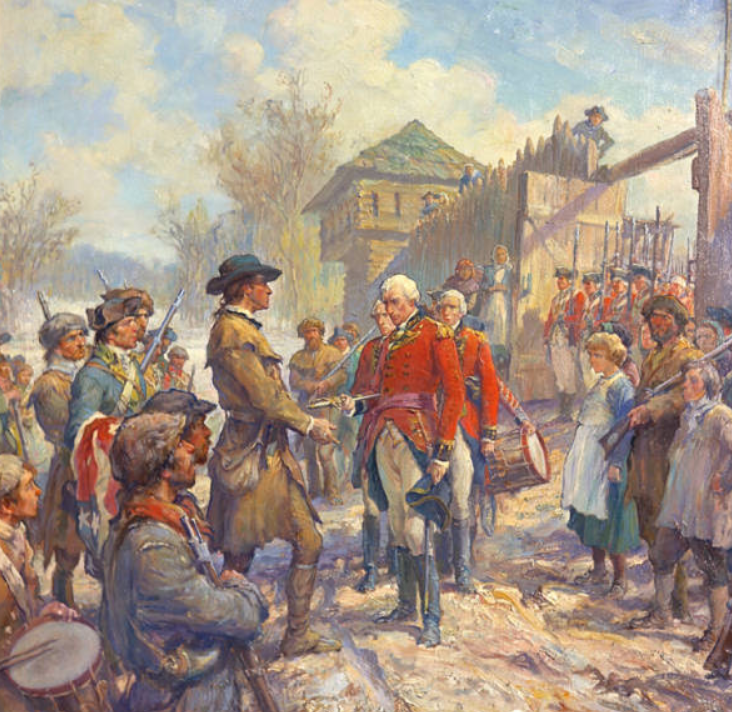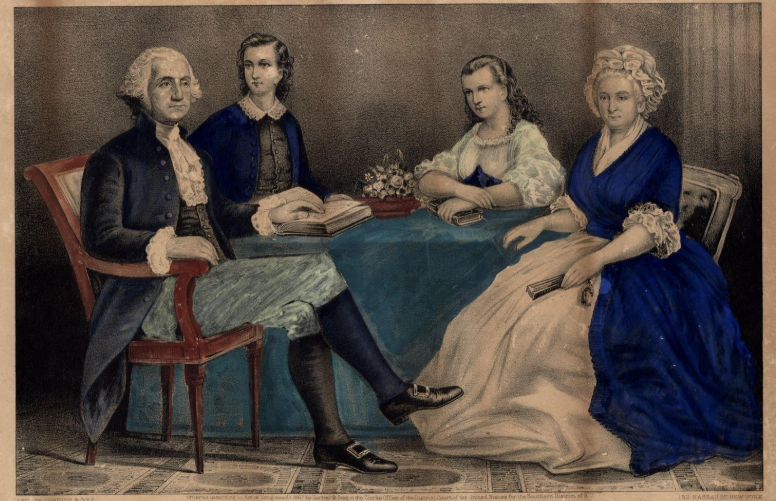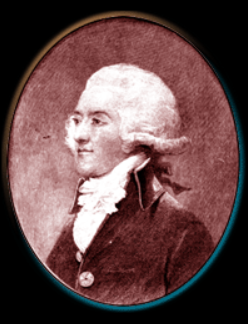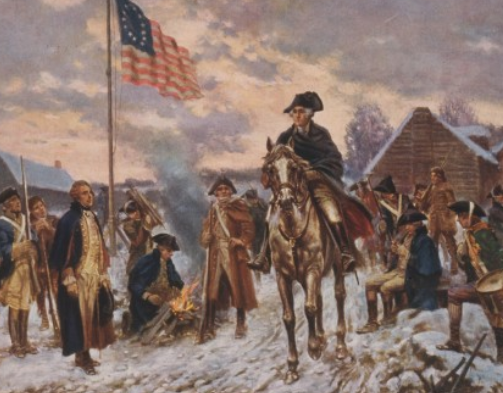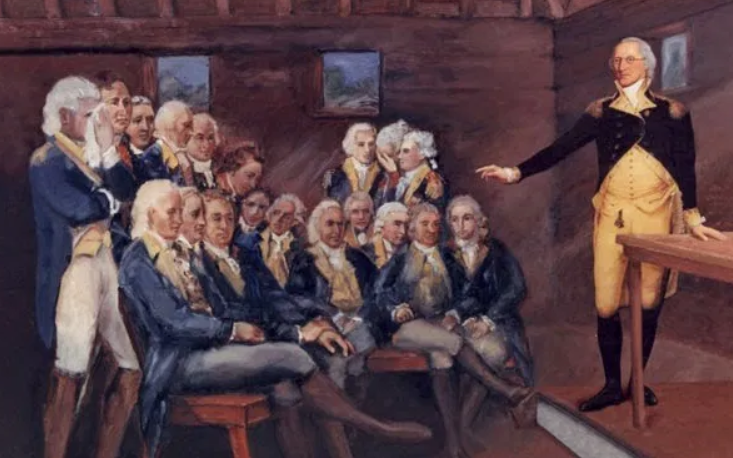Revenge Hanging - Joshua Huddy and the Charles Asgill Affair
Why did the Treaty of Paris peace negotiations take so long?
One of the reasons was the Asgill Affair.
The Asgill Affair was a tense standoff between George Washington and the British Army which sheds a light on the tenuous time between the Battle of Yorktown and the Treaty of Paris.
For a year and a half, small, insignificant skirmishes popped up throughout the infant United States while both armies awaited the British evacuation of New York City.
The Asgill Affair was the result of one of these raids, and almost put a halt to peace negotiations in France.
Phillip White
Six months after the Battle of Yorktown, a Loyalist named Phillip White died while in the custody of the Continental Army. The British viewed White’s death as a brutal murder, while the Americans claimed he was shot during an escape attempt.
Shortly thereafter, Captain Joshua Huddy was captured by the Redcoats and brought to New York City.
After a brief trial he was hung. Pinned to his shirt was a note which read ‘Up Goes Huddy for Phillip White.’
Joshua Huddy
It should be noted that Huddy was not a great dude.
He’d been kicked out of the Quaker religion, in and out of debtor’s prison and accused of mistreating his family.
None of that mattered to the people anymore. Huddy was a Patriot and had fought for American independence. The war was essentially over and his death was viewed as a murder.
Revenge was desired and a petition was sent to General Washington calling for action.
The Unfortunate
George Washington took the events unfolding seriously.
Perhaps in an effort to halt vigilante justice, or perhaps to quell his own anger, the General announced that a British officer in American custody would be executed in response.
A group of British Captains were made to draw pieces of paper and 20-year-old Charles Asgill picked the scrap which read ‘Unfortunate.’
The Asgill Affair
The selection of Charles Asgill as the condemned caused immediate problems.
For one, Asgill was captured at the Battle of Yorktown, whose terms of surrender prevented the execution of prisoners. To hang this man would put a stain on the reputation of the new nation, a fact not lost on many of the Founders (check out this letter from Alexander Hamilton, for example).
Additionally, the idea that a young man who was innocent of any crime was to be killed caused an uproar. It wasn’t only the British who were unhappy. Even Huddy’s wife thought Asgill should be spared.
Plea For Sympathy
Asgill’s execution was pushed back several times, giving the British the opportunity to turn over the men responsible for Huddy’s death.
During this period, Asgill’s family asked King Louis XVI to step in and prevent his death.
Since the Affair had essentially halted peace negotiations in Paris, the French saw they needed to do something.
Washington had turned over responsibility to the Continental Congress at this point. They were happy to work with the French and pardoned Asgill.
The young man was paroled and immediately sent back to Britain where he would have a long and storied military career.
Here are some other Founders involved with scandalous ‘affairs’:
Thomas Cushing and the Hutchinson Letters Affair
Ira Allen Champions the 14th State
Elbridge Gerry - More Than Just Gerrymandering
General Washington faced many of these challenges.
‘General Washington’s Dilemma’ discusses these challenges. Take a look.
Pick up a copy through the Amazon affiliate link below (you’ll support this site, but don’t worry, Amazon pays me while your price stays the same).
Want to get fun American Revolution articles straight to your inbox every morning?
Subscribe to my email list here.
You can also support this site on Patreon by clicking here.
